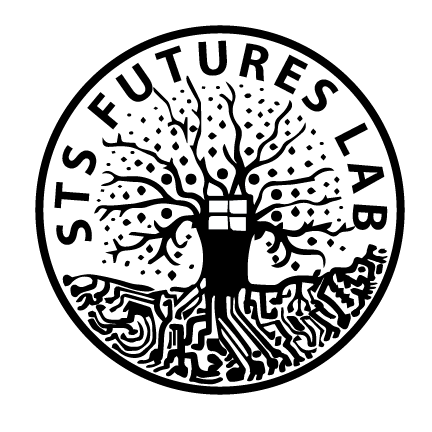STS as a Critical Pedagogy
James Madison University in Harrisonburg, Virginia
Workshop: July 30-31, 2020
Submission Deadline: January 31, 2020
With this small, two-day NSF-funded workshop, we hope to bring together a community of scholars, teachers, and practitioners to reflect on Science and Technology Studies (STS) as critical pedagogy within various educational contexts, including undergraduate education, K-12, public engagement and outreach, museums, and graduate student training. We invite participants to (1) share experiments in STS as critical pedagogy, (2) reflect on what it means to engage students and the public in STS, (3) contribute to defining STS as ‘critical pedagogy’, and (4) analyze how pedagogical practices might inform STS theories and methods. We envision this gathering as a way to share best practices, successes, and challenges in cultivating and interrogating learning environments in which STS is deployed as a disruptive, experimental intervention. We also hope it will foment creative and exciting new ways of theorizing and practicing STS pedagogies and encourage new work at the intersection of research and pedagogy.
With a focus on community formation, this workshop will eschew more formal paper presentations in favor of more lively round-table discussions, interactive sessions, and facilitated collaboration to define and elaborate on STS as a ‘critical pedagogy’.
To apply for this workshop, please email the following to stscriticalpedagogy@gmail.com by January 31, 2020:
• A short proposal (~200 words) describing an interactive presentation or workshop, teaching demo, innovative course syllabus presentation, or round table discussion you would be interested in leading.
• Either a definition or a concept map of ‘STS as a critical pedagogy’ that communicates what this means to you/what interests you (doesn’t have to be fancy; they will be used to organize collaborative working groups to elaborate an area of this subfield and to form pop-up sharing and interactive sessions within the larger workshop). See the list of topics below for inspiration.
• A two-page CV that highlights your STS-related teaching and educational experience
Topics of this workshop may include but are not limited to:
• Critical pedagogies
• Pedagogy as critical participation
• Integrating STS pedagogies in STEM courses
• Challenges and opportunities of co-teaching with STEM colleagues
• Developing STS pedagogy in the humanities and social sciences
• Teaching ethical reasoning through an STS lens
• What is “hands-on” STS in undergraduate pedagogy?
• Undergraduate laboratory studies
• Science fiction in STS pedagogy
• Making and doing
• Implementing STS minors and programs
• STS for pre-med students
• STS research with undergraduate students
• Feminist, postcolonial STS pedagogies
• Film in STS pedagogy
• Wikipedia projects as STS pedagogy
• What is a fact? And other questions for STS pedagogies in a Trump era
• Pedagogies at the intersection of STS and disability studies
• The classroom as a site for STS research
• Teaching and learning as collaborative knowledge production
• STS in the world
• STS laboratories
• STS as pedagogy for museums and informal education
Please direct questions to Emily York and Shannon Conley at stscriticalpedagogy@gmail.com.
